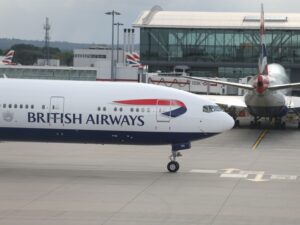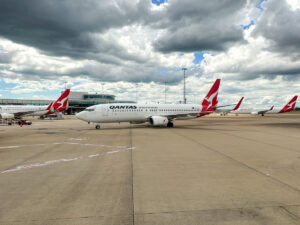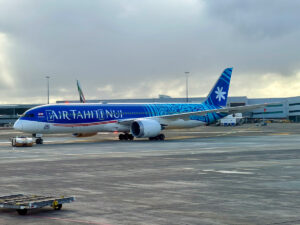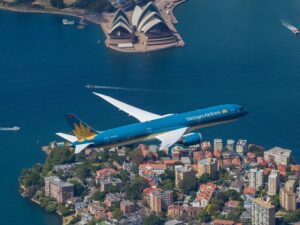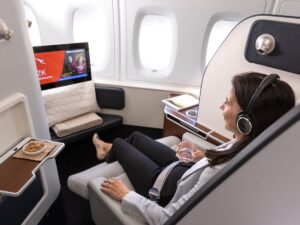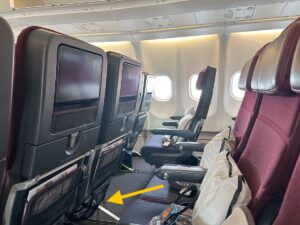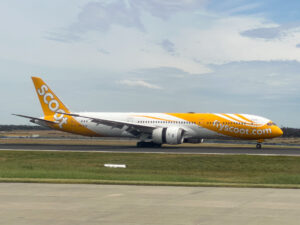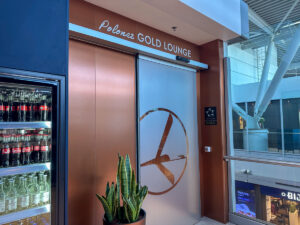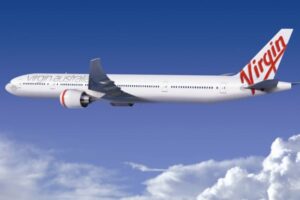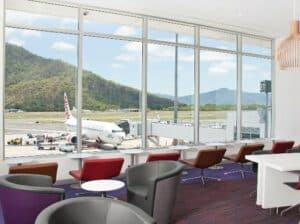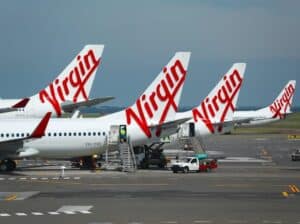
Virgin Australia’s management and new owners have now outlined their vision for the future of Australia’s second-largest airline. Virgin won’t become a low-cost carrier, we’re told, but will instead aim to be the “best value carrier in the market”.
“ The airline will serve business travellers, including corporates and customers travelling for a holiday and visiting loved ones, and maintain a two-class cabin offering,” a Virgin statement said.
It’s an optimistic but somewhat confused vision for the airline. Virgin has previously said that it is no longer going to compete head-to-head with Qantas, but at the same time will continue to try to serve corporate customers. Is this really any different to what Virgin Australia was already doing before COVID-19?
Albert Einstein famously said that the definition of insanity is doing the same thing over and over again, but expecting different results. Senior SMH business journalist Stephen Bartholomeusz also seems to think so.
Even before the pandemic, Virgin had not made a profit for seven years. Clearly the old strategy wasn’t working, and now Virgin is taking a similar approach into an Australian aviation market that will be fundamentally weaker than before. With Rex now launching capital city routes in March 2021, there will also be more domestic competition than previously.
It does look like Virgin is serious this time about stripping unnecessary costs from the business. Simplifying the fleet, reviewing supplier contracts and downsizing the head office will all help. But ultimately, the core business model will need to be attractive to customers if Virgin is to succeed in the long term.
The hybrid airline business model
In theory, if executed well, a hybrid model could work. It is reasonable to assume that consumers seek “value”; that Qantas customers could be attracted by Virgin’s lower airfares, and that Jetstar customers could choose Virgin for greater comfort and reliability at a marginally higher price. But many other airlines have already tried to adopt a “middle of the market” approach, and many have failed.
Just one example is the former German Oneworld carrier Airberlin, which went bankrupt in 2017. It tried to compete simultaneously with both the full-service incumbent Lufthansa and low-cost carriers. But most of Germany’s corporate frequent flyers were loyal to Lufthansa, which offered better lounges, a better business class experience and a much greater network. Meanwhile, leisure travellers were attracted by the lower fares offered by the likes of easyJet, Ryanair and Eurowings, which is also part of the Lufthansa Group. This didn’t leave much market share left for Germany’s “value” carrier.
By trying to please everybody, there is a risk of pleasing nobody.
Virgin risks getting squeezed by the Qantas Group
In the early 2000s, British Airways launched the first lie-flat beds in Business class. At the time, it operated flights from Europe to Australia under a joint venture arrangement with Qantas, which still had the reclining business class seats that were typical of the era.
Qantas and British Airways devised a clever strategy to compete for business travellers against Singapore Airlines, the other major competitor between Australia and Europe. British Airways had the best product, which was priced accordingly but successfully attracted the top tier of the market. Qantas’ hard product, meanwhile, was similar to that of Singapore Airlines. But Qantas charged less than its Singaporean competitor, attracting the more price-conscious business travellers. This strategy took considerable market share away from Singapore Airlines.
Qantas is a formidable competitor. Today, Virgin Australia risks being squeezed between Qantas and its wholly-owned low-cost carrier, Jetstar, in a similar way. From what we know about Virgin’s new strategy, it’s clear that Qantas will have a more premium product and Jetstar will have lower airfares than Virgin.
For the past decade, Virgin has tried to compete head-to-head with Qantas and lost. The middle-ground strategy could be just as dangerous.
With Rex also now planing to acquire 10 Boeing 737s and compete with Qantas and Virgin on major domestic trunk routes, something will eventually have to give. As the defunct Air Australia learned the hard way, Australia’s domestic market cannot support three major airlines in the long run.
If Virgin doesn’t get its strategy right, it could be doomed to fail again. For the sake of Virgin Australia’s dedicated staff, the travelling public and Australia’s economy & tourism industry, let’s hope not.
Join the discussion on the Australian Frequent Flyer forum: Virgin Australia to be sold to Bain Capital
